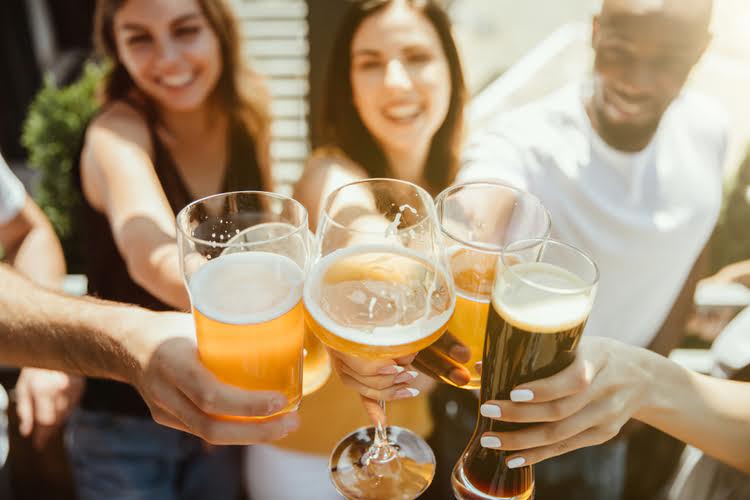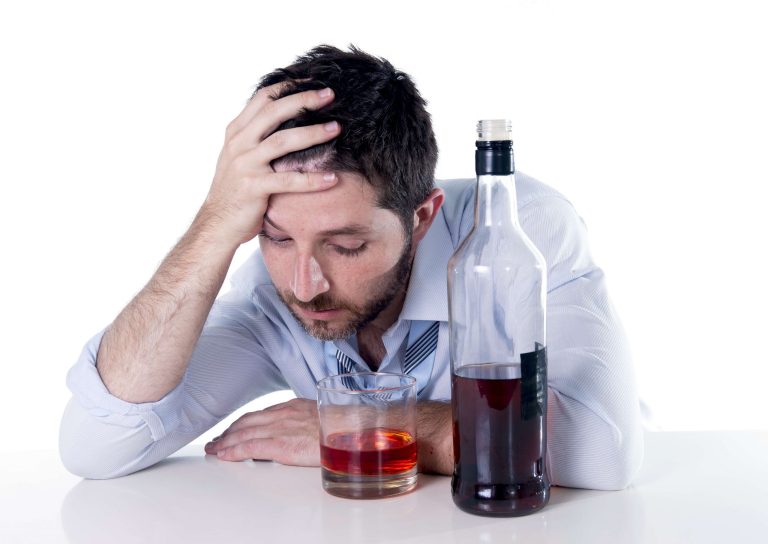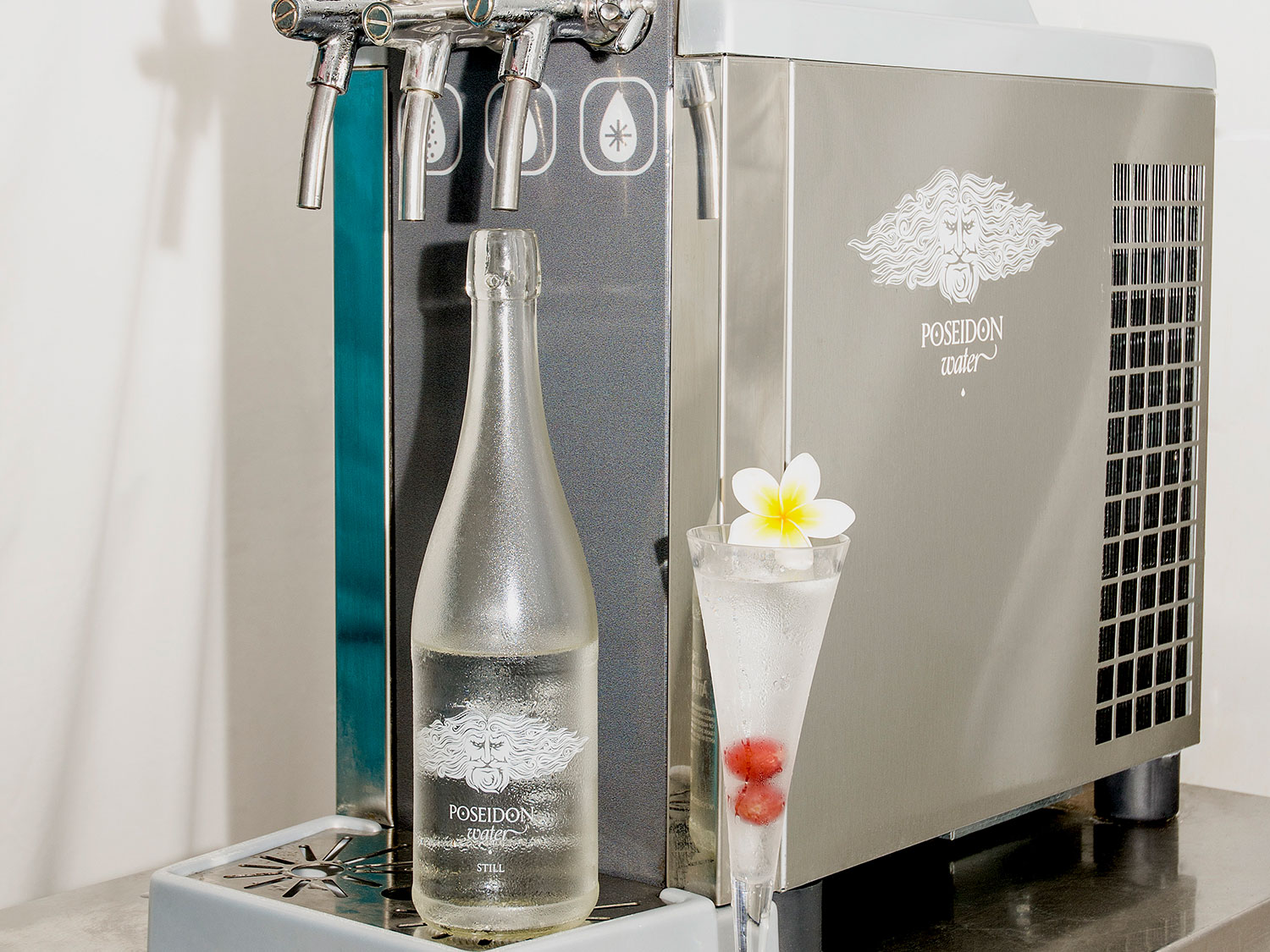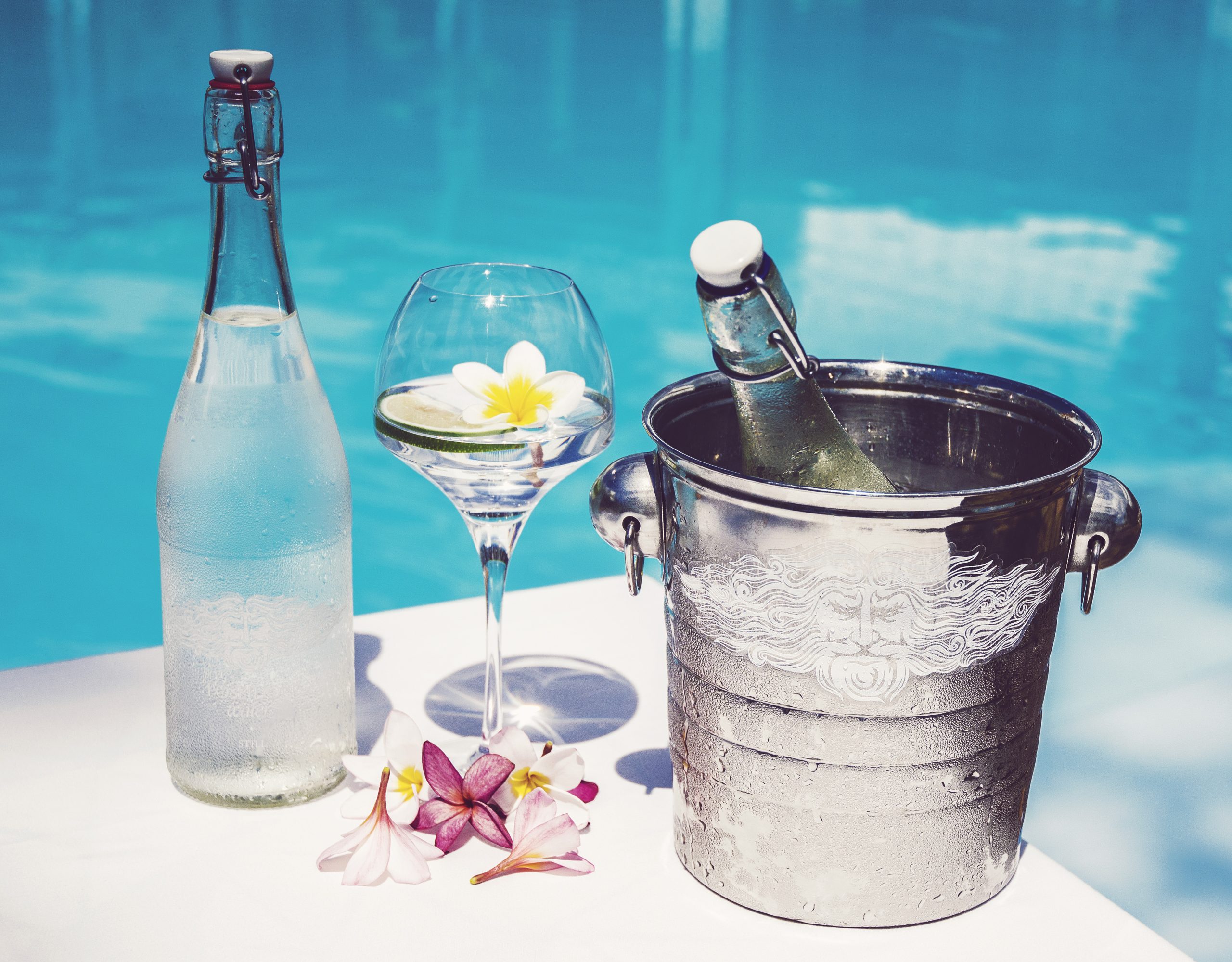Al-Anon and https://test.digitalroutesolution.com/how-alcohol-destroys-relationships-intimacy-in/ Alateen – Support groups for friends and families of problem drinkers. Their volatile behavior and emotions might even have an effect on your relationship. Maybe your loved one has a tendency to say insensitive things while intoxicated, or perhaps they routinely drink and drive.
- Comprising experienced therapists, medical experts, and dedicated support staff, this team brings a wealth of knowledge and compassionate insight into the complexities of addiction and recovery.
- Or perhaps you later feel shame and embarrassment about things you said and did while under the influence.
- Aside from the personal effects binge drinking may have, it can also affect the country as a whole.
- People who choose not to drink make that choice for the same reasons.
Their collective expertise shines through in each article, offering readers valuable guidance, the latest in addiction science, and inspiring stories of healing and transformation. The Grove Editorial Team is committed to educating, supporting, and empowering individuals and families on their journey toward a Substance abuse healthier, substance-free life. Alcohol use and taking opioids or sedative hypnotics, such as sleep and anti-anxiety medications, can increase your risk of an overdose. Examples of these medications include sleep aids, such as zolpidem and eszopiclone, and benzodiazepines, such as diazepam and alprazolam. Even drinking alcohol while taking over-the-counter antihistamines can be dangerous.
What are the Short-term Health Effects of Binge Drinking?
You may think that because you’re not physically dependent on alcohol and don’t have to drink every day that your drinking isn’t harmful. However, binge drinking can have serious consequences and any unhealthy patterns of alcohol use can lead to more serious problems. While binge drinking can impair your decision making, cognitive ability, and motor skills, it also comes with long-term effects such as liver disease, heart disease, strokes, dementia, and depression and anxiety.
Heavy Drinking
The Recovery Village has locations across the country and is ready to take your call to provide you with information about our services and treatment options that can work for you. Abstinence is one way that many have successfully stopped binge drinking. Learning how to live a life without alcohol and drugs can be difficult, but it’s possible and it’s rewarding. Through taking steps like going to group support, 12-step meetings, and learning healthy coping mechanisms and skills, binge drinking will not be the solution to problems anymore. Binge drinking on a regular basis can be a characteristic of an alcohol use disorder.
Similarly, the mean quiz scores were about 83%, high enough to indicate participant motivation, but low enough to suggest that the quizzes were not too easy (i.e., no ceiling effect). Although our procedures called for abstinence from recreational drugs 24 hours prior to experimental sessions, we used only self-report to check drug-use compliance. Thus, participants’ drug-use over time, or undisclosed drug use prior to experimental sessions, could have confounded our results. If so, the effect was inconsistent across measures, since some outcomes were significantly affected the day after alcohol, and others were not.
Habits for Proper Mental Health
The specifics of just what causes a hangover remain surprisingly murky. (Cullen says mapping the results of heavy drinking in the human body is “very difficult.”) But acetaldehyde is a likely contributor. We hate to break it to you, but consecutive nights of heavy drinking are bad news for your brain and body, experts warn. The Grove Editorial Team is a dynamic group of professionals at The Grove, a leading addiction treatment center in Indianapolis, Indiana. Comprising experienced therapists, medical experts, and dedicated support staff, this team brings a wealth of knowledge and compassionate insight into the complexities of addiction and recovery.


Alcohol abuse may not always include a very strong craving for alcohol, loss of control, or physical dependence. However, it’s important to note that individual factors such as body weight, metabolism, and tolerance can influence how alcohol is processed in the body, and the 20-minute rule may not be universally applicable to everyone. Alcohol use disorder (AUD) is a chronic medical condition characterized by a problematic pattern of alcohol use that leads to clinically significant impairment or distress. It is diagnosed based on specific criteria outlined in the Diagnostic and Statistical Manual of Mental Disorders (DSM-5). Binge drinking can be a way for some individuals to cope with stress, anxiety, or other negative emotions.
For Loved Ones: How to Support a Loved One’s Mental Health
- No information about individuals’ participation was provided to institutions attended by volunteers.
- It is possible that over the course of their education students develop skills that allow them to perform well on multiple-choice tests despite neurocognitive impairment resulting from intoxication the previous night.
- If you think you or a friend have a binge-drinking problem, get help as soon as possible.
- What’s more, if you end up developing an addiction, it will be much harder to get sober.
A standard drink contains 14 grams (0.6 fluid ounces) of pure alcohol — equivalent to 12 ounces of beer (5% alcohol), 5 ounces of wine (12%) or 1.5 ounces of spirits (40%). Underage drinking can bring a variety of negative consequences and health problems to young people, in both the short and long term. The mass of positive alcohol advertising that teens are exposed to can make how to avoid binge drinking it very difficult for them to resist the temptation. However, parents, teachers, and physicians can educate teenagers on the dangers of binge drinking and alcohol use. To help someone with a binge drinking problem, make them recognize and accept that they have a problem, support them as they set limits on their drinking, and encourage them to find and pursue leisure activities that do not involve drinking. There is a misconception that infrequent binge-drinking episodes are harmless.
- So yes, you might be able to have three or four drinks over the course of two hours without bingeing — but they can’t be pints or double pours.
- Whether through moderation or abstinence, reducing binge drinking is a step toward better long-term health.
- People can also lose consciousness in unsafe places and may be more likely to be involved in violent altercations or illegal activity.
New pancreatic cancer research may improve detection and treatment
Cullen says it’s not exactly the alcohol that poses the problem when you drink a lot. The real problem seems to be acetaldehyde and the other byproducts your liver pumps out after breaking down the alcohol. Additionally, support groups such as Alcoholics Anonymous (AA) provide a community of individuals facing similar challenges, offering peer support and accountability that are crucial for maintaining sobriety. There are also both inpatient and outpatient treatment programs that offer structured environments for detox, therapy, and long-term recovery planning. We’re here to help you reclaim joy, wellness, and a brighter future.
Here’s What Happens to Your Body When You Go on a Weekend Bender
The good news is that binge drinking can be prevented by adjusting your habits and being more intentional when you pour yourself a drink. Researchers blame this kind of heavy drinking for more than half of the roughly 88,000 alcohol-related deaths — from car crashes, alcohol poisoning, suicide, and violence — that happen every year. If your alcohol use is causing trouble for you at work, at home, in social situations, or at school, it’s a problem.

So, binge drinkers tend to believe that they do not have problematic drinking habits. If they are unable to drink in moderation, rein them in by reminding them about the alcohol limits that they had set. The prevalence of binge drinking is 17% in the United States, according to a report published by the U.S.
Drinking rates are also higher at schools with high-profile sports programs. Be honest with yourself about whether binge drinking is a concern for you. Educate yourself about the potential risks and consequences of binge drinking. Understand how it can impact your physical and mental health, relationships, and overall well-being. These may include a family history of alcoholism, genetic factors, mental health conditions like depression or anxiety, impulsivity, low self-esteem, or a tendency towards risk-taking behavior.



